General description
Human IgGs are glycoprotein antibodies that contain two equivalent light chains and a pair of identical heavy chains. IgGs have four distinct isoforms, ranging from IgG1 to IgG4. These antibodies regulate immunological responses to allergy and pathogenic infections. IgGs have also been implicated in complement fixation and autoimmune disorders . Monoclonal Anti-Human IgG (Fc specific) antibody detects the Fc portion, but not the Fab portion, of human IgG. Additionally, the antibody does not react with IgA, IgM, and immunoglobulin light chains.
Immunoglobulin G (IgG) belongs to the immunoglobulin family and is a widely expressed serum antibody. An immunoglobulin has two heavy chains and two light chains connected by a disulfide bond. It is a glycoprotein and mainly helps in immune defense. IgG is usually found as a monomer. About 70 percent of the total immunoglobulin consists of IgG. Immunoglobulin G (IgG) participates in hypersensitivity type II and type III.
Specificity
Monoclonal Anti-Human IgG (Fc specific) antibody recognizes the fragment of crystallization (Fc) region of human immunoglobulin G (IgG) as determined by an enzyme-linked immunosorbent assay (ELISA).
Immunogen
Purified human IgG myeloma proteins covalently coupled to polyaminostyrene (PAS) microbeads
Application
Monoclonal Anti-Human IgG (Fc specific) antibody has been used:
- to study the relationship between cell size, cell cycle and specific recombinant protein productivity
- in the label-free homogeneous assay to identify inhibitors of a4b7 integrin-mediated cell adhesion to mucosal addressin cell adhesion molecule (MadCAM)
- in enzyme-linked immunosorbent assay
Monoclonal Anti-Human IgG (Fc specific) antibody is suitable for use in indirect ELISA (1:5,000).
Biochem/physiol Actions
IgG (immunoglobulin G) antibody provides protection against bacterial, fungal and viral infections. The Fc (fragment crystallization tail) region of the antibody is implicated in complement activation in which it elicits an immune response by binding to the Fc receptor on macrophages. The Fc region also serves as a site for rheumatoid factor (autoantibody directed to Fc) attachment and protein A binding. A certain population of lymphocytes also possess a "Fc receptor". These functions indicate the importance of immunoreagents specific for the Fc fragment of Human IgG.
Physical form
This product is provided as ascites fluid with 0.1% sodium azide as a preservative.
Storage and Stability
For continuous use, store at 0-5 ͦC. For extended storage, the solution may be frozen in working aliquots. Repeated freezing and thawing is not recommended. Storage in "frost-free" freezers is not recommended. If slight turbidity occurs upon prolonged storage, clarify the solution by centrifugation before use.
Disclaimer
Unless otherwise stated in our catalog or other company documentation accompanying the product(s), our products are intended for research use only and are not to be used for any other purpose, which includes but is not limited to, unauthorized commercial uses, in vitro diagnostic uses, ex vivo or in vivo therapeutic uses or any type of consumption or application to humans or animals.
- UPC:
- 12352203
- Condition:
- New
- Weight:
- 1.00 Ounces
- HazmatClass:
- No
- WeightUOM:
- LB
- MPN:
- I6260-.5ML












